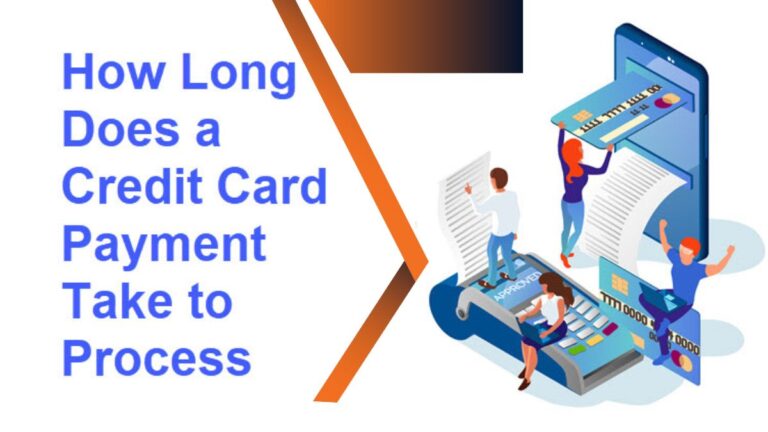Can Credit Card Companies Garnish Your Wages?
Can Credit Card Companies Garnish Your Wages? Have you ever found yourself wondering if credit card companies have the power to seize a portion of your hard-earned wages? The thought may send chills down your spine, but fear not! In this intriguing blog post, we unveil the truth behind an age-old question: can credit card companies garnish your wages?
Get ready to dive deep into the world of debt collection and discover what rights and protections you have as a consumer. So sit back, relax, and let us guide you through this captivating exploration of financial control versus legal limitations.
What is garnishment?
Garnishment is a legal process by which a creditor can seize your wages or other income. This is usually done to collect a debt that you have failed to pay. The creditor can only garnish your wages if you have an outstanding debt on the account. However, there are some exceptions to this rule. For example, your employer may be able to garnish your wages if you are not meeting your job responsibilities.
Your employer may also be able to garnish your wages if you are in default on a loan or credit card account. In most cases, you will be notified about the garnishment and given the opportunity to fight it. If you fail to contest the garnishment, it will go into effect immediately.
When can a credit card company garnish your wages?
In the U.S., credit card companies can garnish your wages at any time if you have an outstanding balance on your card and fail to make payments on time. Federal law allows credit card companies to take up to 25% of your disposable income, or the amount you earn above 150% of the federal poverty level, whichever is greater, as a penalty for not making timely payments.
However, many states have similar laws that allow credit card companies to garnish your wages even if you do not have an outstanding balance on your card. If you are unsure whether your state has a wage garnishment law, contact your state’s Department of Labor.
Who can be Garnisheed?
In most cases, employers can garnish your wages only if you are legally delinquent on a credit card debt. However, there are some exceptions to this rule. For example, your employer can also garnish your wages if you: Are an employee of a certain type of business (such as a restaurant or hotel) and the company has been awarded a judgment against you for unpaid debts. Are an employee of the government and have been assessed federal debt collection penalties
Have defaulted on student loans or have had your loan serviced in violation of federal law In addition, your employer may also be able to garnish your wages if you have engaged in wage theft -defined as taking advantage of your position to earn unlawful wages.
What are the consequences of being Garnisheed?
Credit card companies can garnish your wages to collect debt. If you are not able to make your credit card payments, the creditor may take your wages to pay off the balance. Wage garnishment is a legal process that allows creditors to take a portion of your paycheck directly from your employer. The amount taken depends on the state law in which you reside. Your employer is required to give you advance notice of wage garnishment and provide a written statement detailing the amount taken and when it will be paid.
Can you fight a Garnishment?
In the United States, credit card companies have the legal right to garnish your wages in order to collect debt. This means that they can take a portion of your paycheck until you repay the debt. There are a few things you can do to protect yourself from this type of situation. First, make sure you know how much debt you are responsible for and whether you have any good options for paying off that debt.
Second, research your wage garnishment rights and understand what protections are available to you. Make sure you keep accurate records of all your income and expenses so you can easily prove your financial responsibility if something does go wrong.
Conclusion
If you are in debt and your creditor has filed a wage garnishment, they can take any of the wages that are currently due to you. This includes not only your regular paycheck, but also any overtime pay, tips, commissions, or other forms of income. Even if you have made every effort to get out of debt and improve your credit score,
it is still possible for a creditor to take money from you even if you are current on all of your debts. If this happens to you, don’t panic – there are steps that you can take to protect yourself and minimize the impact that garnishment will have on your life.





